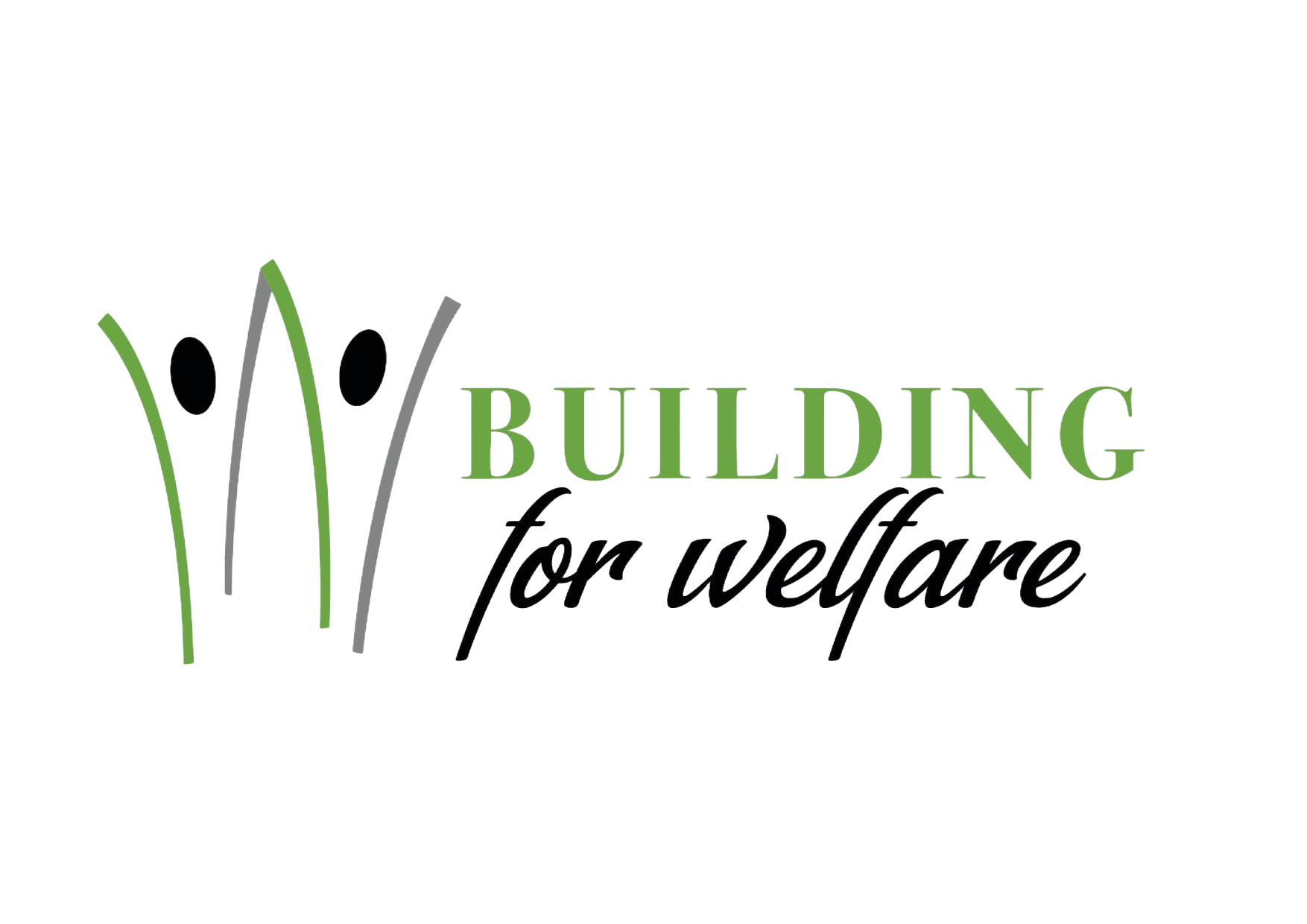WHAT WE DO
Research and evaluation
Relevance
Effectiveness
Efficiency
Impact
Sustainability
Evaluation
The following methodologies are applied in BfW’s evaluations:
- (Mobile) surveys
- (Online) Key Informant Interviews
- Systematic desk review
- Outcome harvesting
- Storytelling
- Appreciative inquiry
- Focus Groups Discussions (FGDs)
“Building for Welfare Services” conducts evaluations using both quantitative and qualitative methods.
Monitoring
Monitoring consultancies of BfW include the development and implementation of monitoring tools. The following tools are examples of tools developed by the BfW team:
- Advocacy score cards
- Outcome harvesting guidelines, templates and complete toolkit
- After Action review guide
- Capacity Assessment Tool
- Pre and Post training tests
- Story of Change template
- Advocacy logbooks
Training
Interested in learning more about, or mastering, cutting-edge qualitative and quantitative M&E methodologies? You can build up your knowledge of Outcome Harvesting, Advocacy score cards or After Action reviews through attending one of our tailor-made workshops. We can even structure qualitative and quantitative M&E trainings for staff and participants as part of an evaluation Building for Welfare conducts for your organization!
Type of Training
Three types of training are provided by the BfW team. These include
Basic Principles
Basic MEL training: In the basic monitoring, evaluation and learning training key MEL concepts and definitions are explained. MEL principles and their implications for MEL frameworks, are outlined. The key concepts of Theory of Change and Results framework are elaborated upon.
Theory of Change
Theory of Change training: During the Theory of Change workshop, the concept of ToC is explained and the use of a ToC is outlined. All key components of a ToC are elaborated. In the workshop a theory of change is developed identifying outcomes and plotting them in a logical sequence forming pathways. Finally,
Monitoring Techniques
Training in the use of monitoring tools: During the tools training, the tools specifically designed for an organisation, project or programme are discussed in detail. The exact purpose and use of a tool is explained after which the training participants practice with using the tool guided by the BfW facilitator.

